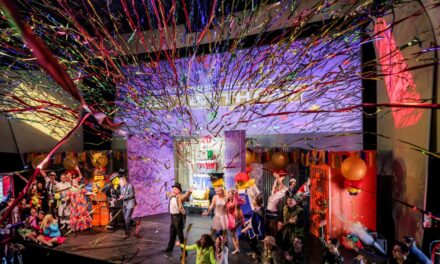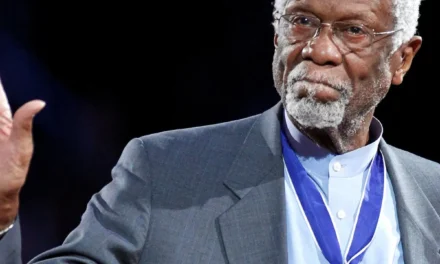
L-R: Bassist Brad Barrett, Flamenco Guitarist Juanito Pascual, and Percussionist/Drummer Tupac Mantilla are the New Flamenco Trio.
By Danny R. Johnson
LOS ANGELES – The late Spanish flamenco guitarist, composer and producer, Francisco Gustavo Sánchez Gomes (1947-2014) who became popularly known throughout the world as Paco De Lucía, was a leading proponent of the New Flamenco style, he helped legitimize flamenco among the establishment in Spain, and was one of the first flamenco guitarists to have successfully crossed over into other genres of music such as classical and jazz. Juanito Pascual, who is a great admirer of the master virtuoso Flamenco guitarist, released his ground-breaking New Flamenco Trio album earlier this year and it brilliantly combines classical technique and Spanish rhythms with jazz savvy much in the same style as Gomes.
When you listen to this album, you will hear Juanito go through a number of original compositions with his fast and fluent picados (fingerstyle runs). A master of contrast, he often juxtaposed picados and rasgueados (Flamenco strumming) with more sensitive playing and is heard mixing it up with bassist Brad Barrett and internationally acclaimed GRAMMY-nominee percussionist/drummer Tupac Mantilla utilizing abstract chords and scale tones to his compositions with jazz influences. New Flamenco Trio couldn’t have been in better hands when you have a GRAMMY-winning engineer and mixer like Rob Griffin at the helm.
In a recent telephone interview from his residence in Boston, Juanito, whose real first name is Jonathan, said he got the name Juanito, which means ‘Johnny’ in Spanish, from his flamenco mentors because of his commitment and dedication to the flamenco musical idiom.
“I was born in Minneapolis and my first flamenco teacher Mateo Davies, encouraged me to travel to Spain so I can live and breathe the flamenco culture and history,” Juanito stated. After spending several years living in Spain, Juanito learned from Spain’s masters of flamenco such as Adam del Monte, Parilla de Jerez and Manolo Sanlucar. Upon arriving back in the U.S. in 1993, Juanito quickly immersed himself in gaining music credentials from the New England Conservatory. Juanito is recognized in Spain and the U.S. as a unique and creative voice with mesmerizing virtuosity, warm and evocative playing, and original compositional style; and he has performed in many of the best known fine arts centers, clubs, and festivals in the U.S. and abroad.
 What makes this 41 year-old musician, artist, composer, and producer so unique is his impeccable and dazzling flamenco guitar playing technique. In order to understand Juanito’s technique you have to understand how a flamenco guitarist operates.
What makes this 41 year-old musician, artist, composer, and producer so unique is his impeccable and dazzling flamenco guitar playing technique. In order to understand Juanito’s technique you have to understand how a flamenco guitarist operates.
Flamenco guitarists are known as tocaores (from an Andalusian pronunciation of tocadores, “players”) and flamenco guitar technique is known as toque. Flamenco players such as Juanito tend to play the guitar between the sound hole and the bridge, but as closely as possible to the bridge, to produce a harsher, rasping sound quality. Unlike classical tirando, where the strings are pulled parallel to the soundboard, in flamenco apoyando strings are struck towards the soundboard in such way that the striking finger is caught and supported by the next string, hence the name apoyando (from Spanish apoyar meaning “to support”). At times, this style of playing causes the vibrating string to gently touch the frets along its length, causing a more percussive sound. Nobody does this better than Juanito.
There’s a sense of urgency throughout this album that makes it one of Juanito’s most exhilarating and warm projects to date compared to his last two albums. The effect in each of the nine tracks of New Flamenco Trio is achieved by the deft use of percussion and bass as well as the intriguing yet cohesive blend of classical and flamenco schools. The music straddles both worlds, giving the songs more suggestiveness and freedom while at the same time retaining a strong sense of form. Juanito’s eight original compositions are tight and fast yet grandiose and ambitious. It is music full of punch and a showcase of sheer relentless inventiveness! Add to Juanito Pascual’s furious playing and one has a hybrid whose influences may be self-evident but whose effect is stunning, to say the least. There’s a definite modern sound to the New Flamenco Trio, although the arrangements themselves are sparse, which gives it dynamism seldom found in other works of its kind on today’s music circuit.
Danny R. Johnson is San Diego County News’ Jazz and Pop Music Critic.



